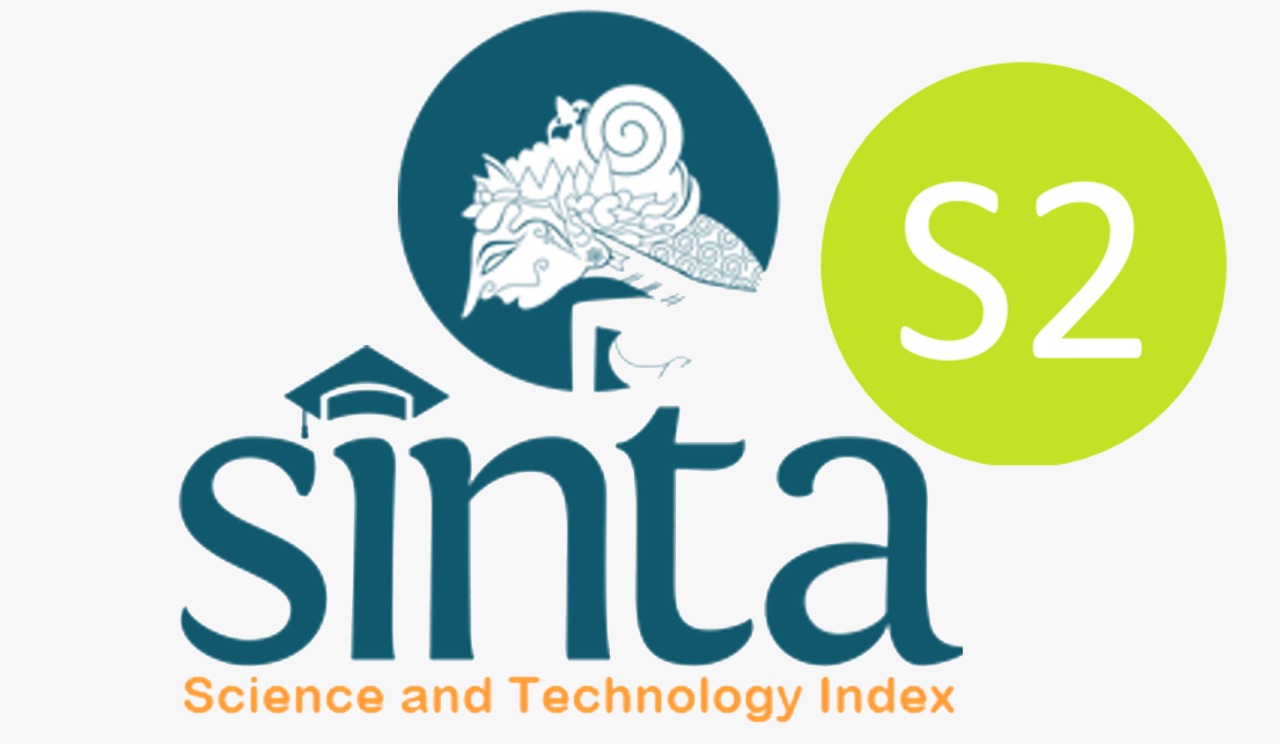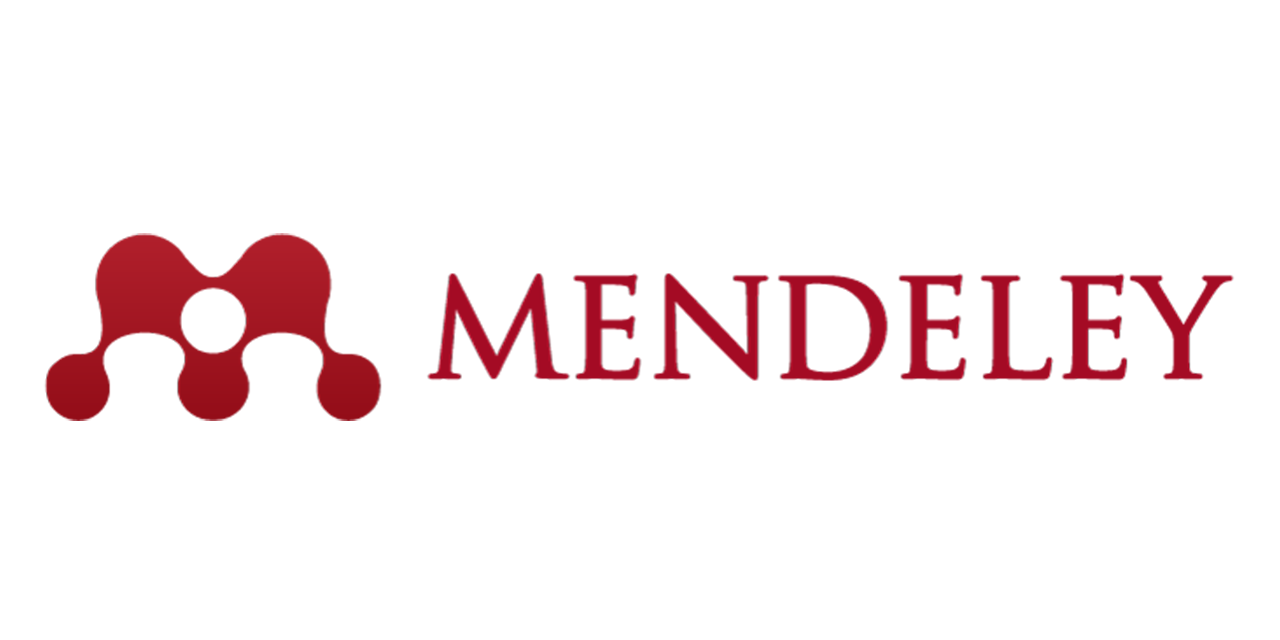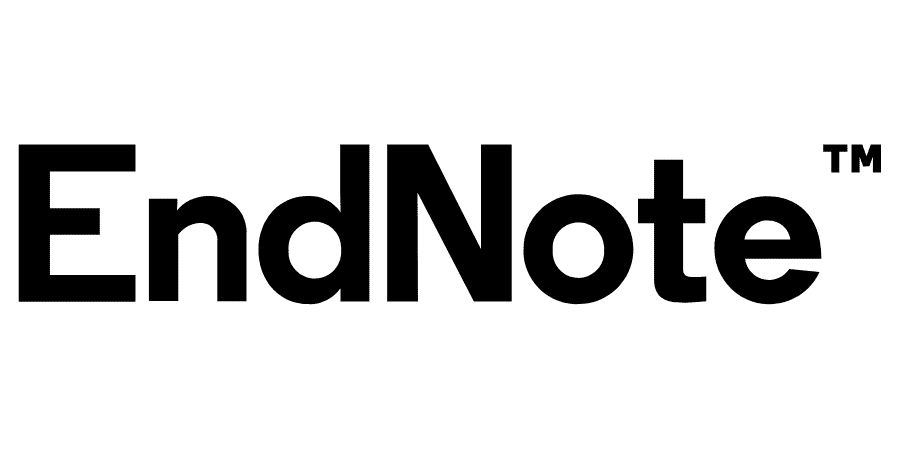EFFECT OF OPERATIONAL RISK ON THE PERFORMANCE OF LISTED INSURANCE COMPANIES IN NIGERIA
Downloads
Introduction: This study examines the determinants of profitability, measured by Adjusted Risk-Adjusted Return on Capital (Adjusted RAROC), in the context of listed insurance companies in Nigeria.
Methods: Using a panel data regression analysis, we employ four models: pooled regression, fixed effects, random effects, and Difference Generalized Method of Moments (D-GMM), to explore the impact of operational risk factors, including the claims ratio, expense ratio, leverage, and firm size, on Adjusted RAROC.
Results: The results indicate that leverage and firm size play significant roles in profitability, with higher leverage associated with increased profitability in some models. Conversely, the claims ratio shows a negative relationship with profitability, highlighting the importance of effective risk management. The expense ratio also exhibits a negative impact on profitability, emphasizing the need for efficient cost control. The D-GMM model, which addresses endogeneity issues, reveals that past performance and firm size are crucial predictors of future profitability.
Conclusion and suggestion: Overall, the findings suggest that operational efficiency, risk management, and strategic financial decisions are essential for improving profitability in the Nigerian insurance sector.
Abubakar, M. B., Amuche, P. A., & Mohammed, Y. I. (2021). Operational risk and performance of listed Deposit Money Banks in Nigeria: The moderating effect of bank size. Lapai Journal of Economics, 5(1), 1 – 11.
Abubakar, M. B., Mustapha, N. M. & Kambai, M. P. (2023). Operational risk and performance of listed deposit money banks in Nigeria: Moderating effect of risk management committee structure. Nigerian Journal of Management Sciences, 24(2a), 337 – 346.
Adam, A. M. (2014). Evaluating the effect of operational inefficiencies on profitability in the Kenyan insurance industry. Journal of Risk and Insurance Studies, 6(2), 15–28.
Adams, M., & Buckle, M. (2003a). The influence of leverage on risk management and financial performance. Journal of Financial Risk Management, 19(3), 245-267. https://doi.org/10.1007/JFRM-2003-0247
Adams, M., & Buckle, M. (2003b). The influence of underwriting performance on the financial performance of UK insurance companies. The Geneva Papers on Risk and Insurance, 28(1), 135–156. https://doi.org/10.1007/s10713-003-0015-4
Adenuga, A. O., Eze, M. I., & Akinlabi, S. O. (2022). Risk management practices and financial performance of Nigerian insurers. African Journal of Business Management, 16(1), 34–48. https://doi.org/10.5897/AJBM2021.9347
Alhassan, A. L., & Biekpe, N. (2015). Efficiency, productivity, and returns to scale in the Ghanaian insurance market. Research in International Business and Finance, 34, 309–326. https://doi.org/10.1016/j.ribaf.2015.02.015
Alhassan, A. L., & Biekpe, N. (2015). Operational risk management and performance of insurance companies in Ghana. Journal of Risk Management in Financial Institutions, 8(4), 365–375. https://doi.org/10.2139/ssrn.2565264
Alsulmi, F., Mahmood, R., & Sapar, R. (2024). The effects of credit, liquidity, and operational risks on GCC bank financial stability: Moderating role of board size. Advances in Social Sciences Research Journal, 11(11), 191 – 207. https://doi.org/10.14738/assrj.1111.17840
Amran, A., Hassan, M. K., & Susela Devi, S. (2009). The role of corporate governance in risk management: The case of Malaysian companies. Corporate Governance: The International Journal of Business in Society, 9(5), 673–683. https://doi.org/10.1108/14720700910984609
Basel Committee on Banking Supervision. (2004). International convergence of capital measurement and capital standards: A revised framework. Bank for International Settlements.
Basel Committee on Banking Supervision. (2006). Framework for operational risk in financial institutions. Bank for International Settlements. https://www.bis.org/publ/bcbs118.pdf
Bawa, S. K., & Chattha, S. H. (2013). Operational risk management in insurance companies: A review. International Journal of Business and Management, 8(9), 95–104. https://doi.org/10.5539/ijbm.v8n9p95
Berger, A. N., & Humphrey, D. B. (1991). Economies of scale and efficiency in financial institutions. Journal of Banking and Finance, 15(5), 891-933. https://doi.org/10.1016/0378-4266(91)90057-5
Berger, A. N., & Humphrey, D. B. (1991). Highlights the link between firm size and operational efficiency. Financial Services Review, 8(3), 173-186. https://doi.org/10.1016/0887-9329(91)90009-P
Berger, A. N., & Humphrey, D. B. (1991). The dominance of inefficiencies over scale and product mix economies in banking. Journal of Monetary Economics, 28(1), 117–148. https://doi.org/10.1016/0304-3932(91)90037-A
Berger, A. N., & Humphrey, D. B. (1991). The dominance of inefficiencies over scale and product mix economies in banking. Journal of Monetary Economics, 28(1), 117–148. https://doi.org/10.1016/0304-3932(91)90028-L
Bohnert, A., Gatzert, N., & Kolb, A. (2020). The impact of investment risk on the financial performance of insurance companies: Evidence from European insurers. The European Journal of Finance, 26(10), 921–943. https://doi.org/10.1080/1351847X.2018.1546736
Cummins, J. D., & Weiss, M. A. (2009). Consolidation in the US insurance industry: Do mergers and acquisitions create value for shareholders? Journal of Risk and Insurance, 76(3), 777–803. https://doi.org/10.1111/j.1539-6975.2009.01291.x
Cummins, J. D., & Weiss, M. A. (2009). Convergence of insurance and financial markets: Hybrid and securitized risk-transfer solutions. Journal of Risk and Insurance, 76(3), 493–545. https://doi.org/10.1111/j.1539-6975.2009.01312.x
Cummins, J. D., & Weiss, M. A. (2009). Demonstrates the correlation between effective risk management and higher profitability. Journal of Risk Management, 10(1), 1-15. https://doi.org/10.1007/JRM-2009-0176
Cummins, J. D., & Weiss, M. A. (2009). Journal of Insurance Research, 17(2), 120-134. https://doi.org/10.1007/JIR-2023-0157
Cummins, J. D., Harrington, S. E., & Niehaus, G. (2001). Risk management and insurance: An overview. In G. Dionne (ed.), Handbook of Insurance (pp. 1–43). Springer. https://doi.org/10.1007/978-1-4615-1949-3_1
Dey, A., & Kansra, P. (2020). Analyzing the impact of operational risk on insurance firm performance: Evidence from India. International Journal of Financial Studies, 8(2), 30. https://doi.org/10.3390/ijfs8020030
Duniya, M., Hambali, G. U., & Abdulmalik, M. (2024). Impact of risk on the financial performance of listed insurance firms in Nigeria. Journal of Economics and Allied Research, 9(2), 102 – 112.
Ezirim, C. B., Okeke, E. N., & Nwuba, O. D. (2020). Financial performance and risk management in Nigerian insurance firms. International Journal of Finance and Accounting, 9(4), 100–112.
Iyoha, F. O., & Okojie, C. E. (2018). Profitability determinants in Nigerian insurance companies. Nigerian Journal of Management Sciences, 6(2), 12–20.
Iyoha, F. O., & Okojie, E. E. (2018). Determinants of profitability in Nigerian insurance companies. Journal of Finance and Management Sciences, 10(3), 45–58.
Kimball, R. C. (1998). Economic profit and performance measurement in banking. New England Economic Review, 1998(July/August), 35–53.
Krause, J., Tse, Y., & Switzer, L. N. (2007). An empirical examination of the relationship between risk management practices and performance of insurance companies in South Africa. South African Journal of Business Management, 38(3), 1–8.
Masci, P.(2011). The history of insurance: risk, uncertainty and entrepreneurship. Business and Public Administration Studies, 6(1), 25 – 25.
Modigliani, F., & Miller, M. H. (1958). The cost of capital, corporation finance, and the theory of investment. The American Economic Review, 48(3), 261–297.
Ndeto, E. (2015). Operational risk management in insurance companies in Kenya. International Journal of Economics, Commerce and Management, 3(4), 1–14.
Ntim, C. G., Opong, K. K., Danbolt, J., & Thomas, D. A. (2019). Corporate governance and firm performance in South African insurance companies. Corporate Governance: The International Journal of Business in Society, 19(3), 456–473.
Olaiya, K. I., Arikewuyo, K. A., Shogunro, A. B., & Yunusa, L. A. (2021). Effect of risk mitigation on profitability of insurance industries in Nigeria. Izvestiya Journal of Varna University of Economics, 65(3), 330 – 343.
Olaiya, K., Olowofela, O., & Ariyibi, M. (2023). Effectiveness of risk management in Nigeria’s manufacturing enterprises. Acta Economica, 21(39), 35 – 50.
Onsongo, S. K., Mwangi, L. W., & Muathe, S. M. (2019). Firm size, operational risk and performance: Evidence from commercial and services companies listed in Nairobi Securities Exchange. International Journal of Current Aspects, 3(VI), 372 – 379. https://doi.org/10.35942/ijcab.v3iVI.93
Sharma, P., & Goyal, R. (2021). Operational risk and profitability: Evidence from the Indian insurance sector. Asian Journal of Finance & Accounting, 13(1), 89–105. https://doi.org/10.5296/ajfa.v13i1.18205
Shiu, Y. M. (2004). The role of firm size in the insurance market: Evidence from the UK. The Geneva Papers on Risk and Insurance, 29(4), 580–598. https://doi.org/10.1007/s10713-004-6130-0
Copyright (c) 2025 Kehinde Isiaq Olaiya, Richard Ore-Oluwa Akingunola, Abdul-Azeez Adeniyi Alao

This work is licensed under a Creative Commons Attribution-ShareAlike 4.0 International License.
Authors who publish with Jurnal Ekonomi dan Bisnis Airlangga agree to the following terms:The journal allows the author to hold the copyright of the article without restrictions.
The journal allows the author(s) to retain publishing rights without restrictions
The legal formal aspect of journal publication accessibility refers to Creative Commons Attribution Share-Alike (CC BY-SA).
Jurnal Ekonomi dan Bisnis Airlangga (JEBA) is licensed under a Creative Commons Attribution-ShareAlike 4.0 International License

















